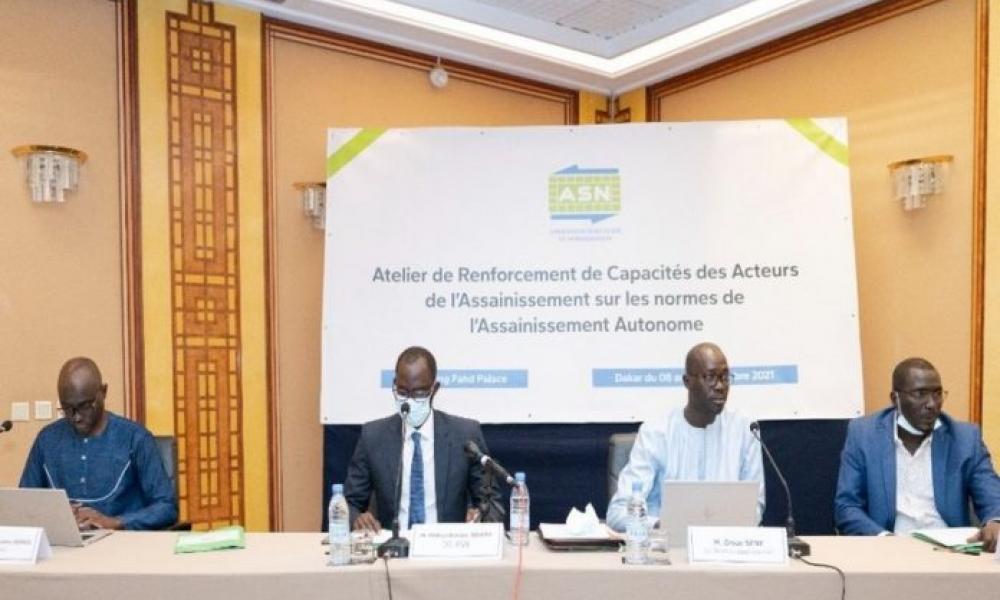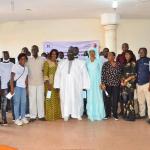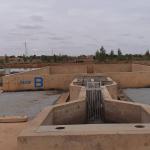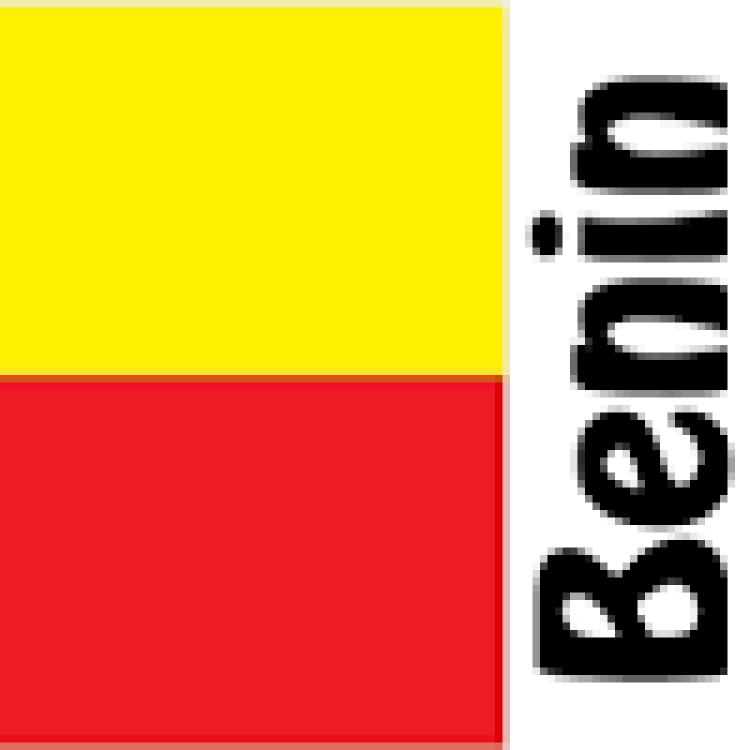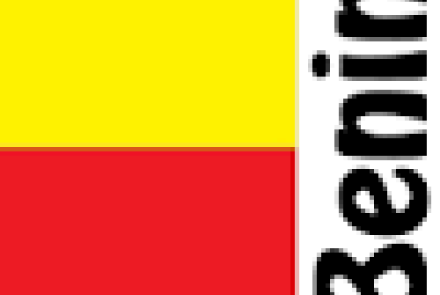Senegalese sanitation actors trained on standardization
Good news for sanitation stakeholders. Indeed, the Senegalese Association of Standardization (ASN) organized on Monday, November 8, 2021 in Dakar a training session for government officials involved in the sanitation sector.
This capacity building workshop for sanitation actors focuses on "the standards of autonomous sanitation". The information is conveyed by the Director General of the ASN, Abdourahmane Dione, during this three-day meeting which he presided over the official opening ceremony, stating that this transfer aims to bring the actors of the public service of sanitation to reduce the environmental impact through a capacity building on international standards in the field of autonomous sanitation.
This training, through these different standards, should allow the State services to provide the population with "quality sanitation services that respect the environment, allowing to guarantee the health and safety of citizens," said Mr. Dione.
He stressed that "to talk about quality, we must define the characteristics of technical specifications of a service or product quality, which are done through standards.
"We have developed these standards that must be understood and actors must appropriate them. That is why we are holding this training session," said Abdourahmane Dione, stressing the importance of raising awareness among the population "on the quality culture.
Non-collective sanitation is the most widespread in Senegalese households with, in order of importance, the septic tank, the VIP latrine and the non-ventilated tank. In Senegal, 71% of the population has access to improved sanitation, of which only 5.4% has access to collective sanitation (exclusively in urban areas), compared to 65.6% who have access to non-collective sanitation; 11.4% use non-collective sanitation facilities; and 17.6% practice open defecation.
The ISO 24521, ISO 30500, ISO 31800 and NS 17-074 standards are the first standards specific to the on-site sanitation sector. While the first three standards are international and together cover the entire service chain, NS 17-074 specifies the requirements for domestic storage facilities for faecal sludge, commonly called septic tanks.
ISO 24521 is a standard for the management of basic domestic wastewater treatment services, ISO 30500 and ISO 31800 cover general safety and performance requirements for innovative wastewater technologies.
"Achieving universal access to sanitation will require additional, joint efforts and innovative approaches. These approaches involve integrating sanitation systems into smart and sustainable city strategies, creating a circular economy where human waste becomes a useful resource, and fostering the development of a new market," said the Director General of the Senegalese Standards Association.
For his part, Omar Sène said that the importance of standardization is no longer in question. "As an element that contributes decisively to the quality of products and works, it is also and above all a factor of economic competitiveness, improvement of social and health conditions and environmental sustainability. It is therefore a tool that definitely contributes to improving the living conditions of our populations and beyond to sustainable development," he concluded.
Source : https://www.vivafrik.com

